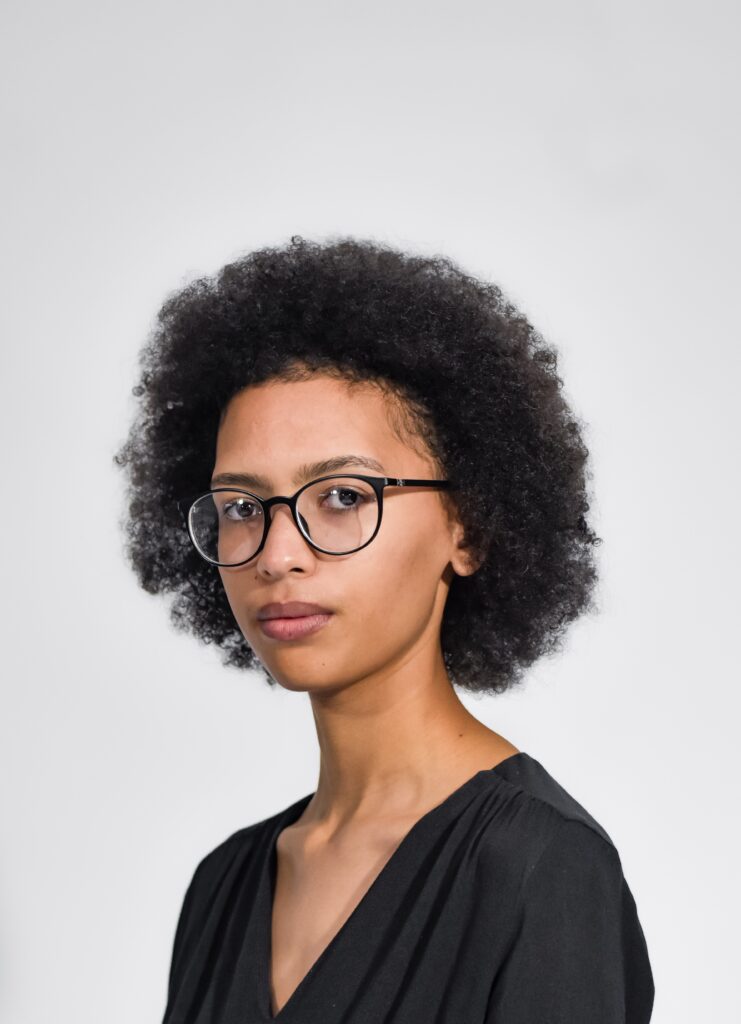Meet Our New Wadsworth Fellows: Karabo-Maya Sankara Rodwell

My personal background growing up in Johannesburg was a thought-provoking experience, as the area is characterised by great cultural racial religious and linguistic diversity. This paved the way for me to begin thinking about society and the way in which different strands come together to knit the fabric of society. My parents work within the arts and create work that is political and historical and expressly critical of issues of race, class and disparity. Thus, my upbringing made me well aware of disparity and injustice and I have committed my academic trajectory striving to make changes to contribute to the creation of a more equitable society. I believe that the impact of academic theory and practice needs to be made much more accessible to the everyday people, bridging the gap between the academy and daily life in South Africa.
It is for such these reasons that I began my academic career at the University of the Witwatersrand in 2018. I went on to complete a Bachelors of Arts in 2021, majoring in Anthropology and International relations. I graduated with distinction for my Honours in 2022. One of my main areas of interest is Pan Africanism, having written my Honours research as a series of letters following Robert Mangaliso Sobukwe’s impact on youth pre- and post-1994 in South Africa.
My Master’s degree, completed in 2023, dealt with experiences and erasure of Blackwomen in South African liberation movements, specifically the Black Consciousness Movement. This was also awarded with distinction.
I am currently a PhD student in Social Anthropology at the University of the Witwatersrand. My research contemplates the status and conditions of youth in Southern Africa with a particular focus on South Africa and Mozambique. I question what the making of youthhood looks like in the post 1994 electoral moment in both countries.
I have chosen this PhD programme because I intend to stay within the academic space in South Africa. My commitment is to make the world of academia more accessible and reflective of the society in which we live.